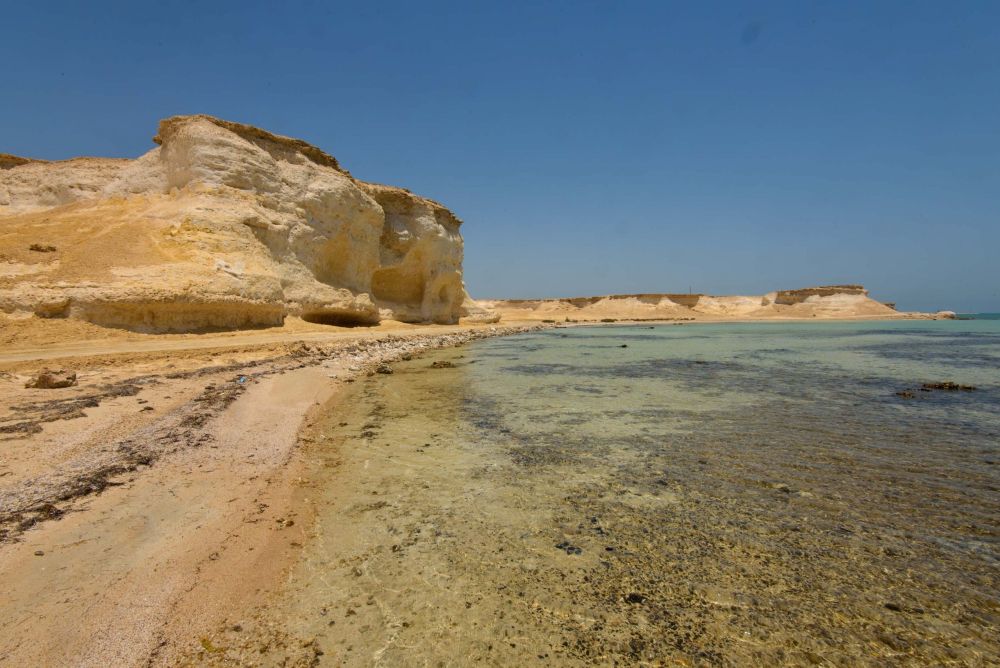

Qatar, a nation that has rapidly transformed from a pearl-fishing center into a rich modern state, has a fascinating array of tourist attractions that blend the traditional with the contemporary. Among these, the Ras Abrouq Rock Formations, known locally as the 'Mushroom Rocks', and the ancient town of Al Zubarah offer visitors a glimpse into the natural wonders and the historical fabric of the country.
Tourism in Qatar has a relatively short history when compared to more traditional tourist destinations. It began to flourish in the early 21st century, thanks to the country's economic boom due to oil and natural gas exports. The Qatari government recognized tourism as a crucial sector for diversification, leading to significant investment in infrastructure, cultural institutions and tourism promotion. Events such as the 2006 Asian Games in Doha catalyzed the growth of tourism, with subsequent developments including the opening of world-class museums, the development of Souq Waqif, and the establishment of numerous luxury hotels and resorts.
Along the west coast of Qatar lies the breathtaking natural reserve of Ras Abrouq, or Bir Zekreet. The peninsula is praised for its remarkable rock formations that have withstood the test of time and elements, sculpted into shapes reminiscent of mushrooms. This area is not only a sanctuary for adventure seekers and geology enthusiasts but also for those looking to enjoy unspoiled beaches and a desert experience near the sea. The Ras Abrouq Rock Formations provide an otherworldly landscape, perfect for photography and exploration.
The historical town of Al Zubarah offers a stark contrast to the modernity of Doha. It is famed for its well-preserved fort and surrounding archaeological works, which shed light on an 18th and early 19th-century pearling and trading town. Listed as a UNESCO World Heritage Site in 2013, Al Zubarah provides a unique insight into the region's socio-economic history and the thriving pearling industry that once dominated the Persian Gulf.
Qatar continues to evolve as a tourist destination, with a focus on cultural heritage, sports, and luxury experiences. The upcoming 2022 FIFA World Cup has acted as a catalyst for new developments, including the expansion of Hamad International Airport and the construction of new stadiums and transportation systems. Aside from sporting events, there is a growing interest in sustainable tourism, with initiatives to preserve cultural sites and natural reserves. The promotion of local artisans, festivals, and the introduction of unique accommodation options in the desert are among the latest trends enticing visitors to the region.
When planning a visit to Qatar, tourists are encouraged to explore beyond the capital city, with destinations such as the Ras Abrouq Rock Formations and Al Zubarah offering a peaceful retreat from the bustling city life. Qatar's investment in tourism infrastructure means that visitors can experience the best of the country's hospitality, along with its rich cultural heritage and natural beauty.